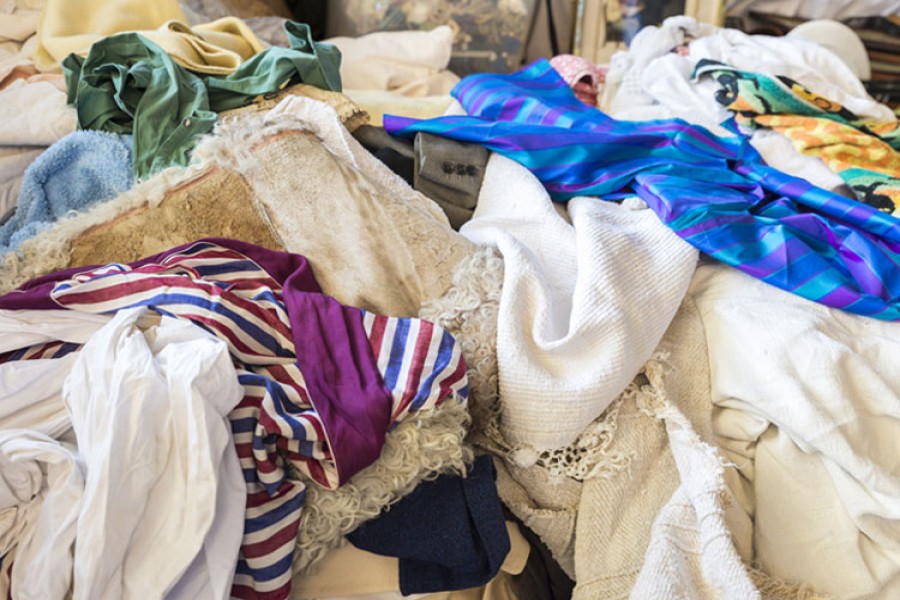Apparel exporters have sought an interim arrangement to get rid of hassle and penalty of the customs authority until re-fixation of the minimum limit of wastages in manufacturing knitwear.
They alleged unusual hassle, suspension of bonded warehouse licence and other problems in getting import entitlement from the customs authority, as meeting the minimum wastage criteria in production process seemed impossible for them.
Shawkat Hossain, commissioner of the Customs Bond Commissionarate Dhaka, said they were bound to create demand notice as per law, but routine activities of the exporters remained uninterrupted.
Currently, rate of wastage from yarn to knitting, dying finishing to preparing fabric is maximum 7.0 per cent, while the limit is 9.0 per cent for manufacturing ready-made garments (RMG) from fabric.
However, the apparel exporters found the wastage rate 'too low and not logical', considering the present context.
The exporters also said they were facing various hindrances and difficulties to operate import-export trades for such a low limit of wastages.
The actual rate of wastages stood at 35-40 per cent due to producing high-valued diversified products as per the demand of buyers, they added.
In a joint letter, Bangladesh Garment Manufacturers and Exporters Association (BGMEA) president Rubana Huq, Bangladesh Knitwear Manufacturers and Exporters Association (BKMEA) acting president Mohammad Hatem, and Bangladesh Textile Mills Association (BTMA) president Mohammad Ali Khokon requested the Ministry of Commerce (MoC) not to suspend their services until re-fixation of depreciation rates.
The MoC forwarded the letter to the National Board of Revenue (NBR), requesting it to take necessary measures.
On January 12, 2021, the MoC held a meeting on re-fixation and amendment of wastage limits of raw materials that it set on December 28, 1998.
Representatives of the BGMEA, BKMEA and BTMA attended the meeting, and explained their operational problems due to low limit of raw material wastages.
They said the customs bond authority considered the total weight of products as per bill of landing or shipping bills, and counted a total of 16 per cent wastages to determine the quantity of yarn usage in RMG items.
They did not consider the actual wastages, and issued demand notices by imposing customs duties and VAT on rest of the yarns, the joint letter mentioned.
At the time of year-end audit, the customs authority could not cross-match the quantity of imported raw materials with the actual exported goods of the export-oriented companies.
In the letter, they alleged that the customs authority stopped renewal of some bond licences or imposed penalty and created complexities in getting import entitlement of the export-oriented entities.
The exporters made a plea to the authority concerned to continue existing services for smooth export-import and bonded warehouse facility as well as to refrain from imposing any additional tax or penalty until re-fixation of their wastage limit.
Talking to the FE, a senior official of the MoC said they formed a committee that would submit a report by the end of April, and the wastage limits would be re-fixed on the basis of its recommendations.
"Demand of the apparel exporters is logical, and we are approaching towards a solution."
The committee members would conduct physical inspections in the factories to assess their quantity of wastages in production process, he noted.
BTMA secretary Mansur Ahmed said the limit of wastage was set in 1998 that needed an upward revision. Now, the product quality has been diversified and the country is able to manufacture high-valued products. Customs bond commissionarate counted 16 per cent wastages and imposed taxes on rest of the amount, while actual wastages were higher than that, he noted.
"We have requested (the authorities concerned) to help us maintain smooth flow in import of raw materials and export accordingly."


